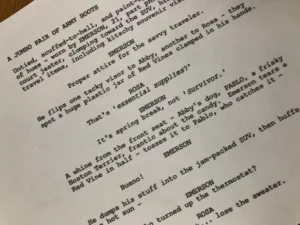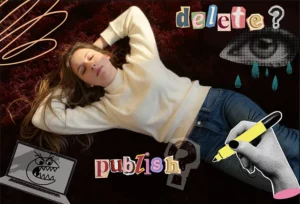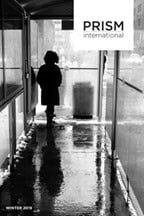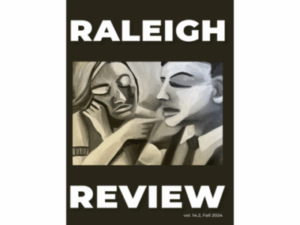Unmasking the Hidden Danger: How Confusing Words Sabotage Every Writer’s Success
Ever stumble over words that seem harmless but sneakily twist the meaning of your sentences? You’re not alone — those pesky confusers like “bear” and “bare,” or “complement” and “compliment” lurk around every corner, ready to turn clear writing into a muddled mess . It’s funny how just a tiny mix-up can make a seemingly polished piece come off as awkward, or even unintentionally hilarious. I’ve definitely been there — second-guessing words that sound identical yet mean worlds apart or pausing over phrases that somehow feel “off.” The real kicker? Even seasoned writers trip up on these traps! The secret’s in awareness and a healthy dose of double-checking; a quick glance at your dictionary can save you from a cringe-worthy typo or misused idiom. Let’s dive into why confusing words are always a sneaky pitfall for writers and how to outsmart them for good.














Post Comment